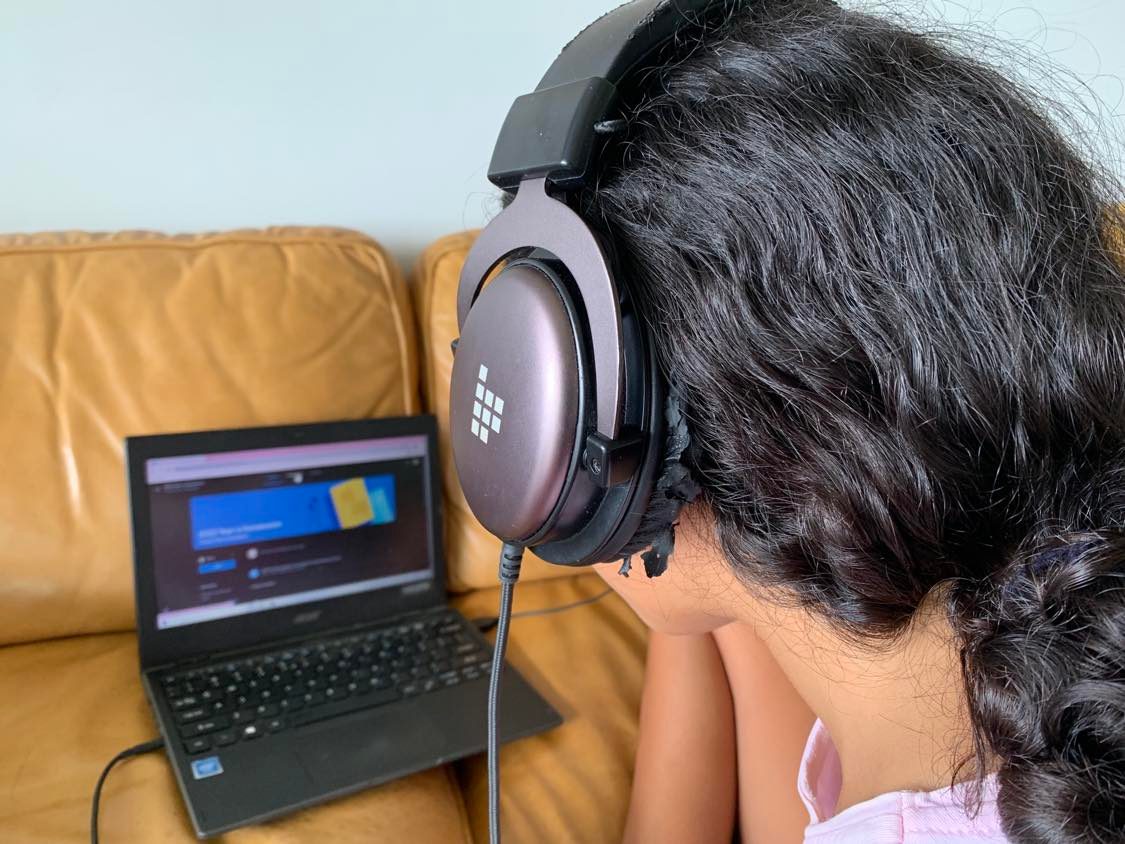Findings from the Pacific’s largest education assessment on literacy and numeracy (PILNA) for years 4 & 6 suggests that countries are “not yet ready to cope with remote learning.”
PILNA 2021 findings released this week also indicated that across the region, on average, year four students are not meeting minimum expected proficiency levels in reading but are exceeding minimum expected proficiency levels in numeracy.
The assessment, which is coordinated by the Pacific Community (SPC), showed expected levels of performance for Year 4 have not yet been established for writing but the average writing performance score is increasing.
For Year 6, the SPC noted that results show that on average, students are exceeding the minimum expected proficiency level in numeracy and are meeting the minimum expected proficiency level in reading.
As with Year 4, expected levels of performance have not yet been established for writing but the average writing performance was about the same as in 2018, it said.
SPC says responses to the contextual questionnaires for the 2021 PILNA report suggest that response disruptions to education in the region remain physical in nature, indicating that countries are not yet ready to cope with remote learning.
Despite the varied impacts of COVID-19 and natural disasters on the Pacific Island countries, a majority of the 952 participating schools completed the administration of the assessment within a five-week window that started in November 2021.
The PILNA participating countries includes; Cook Islands, Federated States of Micronesia, Fiji, Kiribati, Nauru, Niue, Palau, Papua New Guinea, the Republic of Marshall Islands, Samoa, Solomon Islands, Tuvalu, Tokelau, Tonga, and Vanuatu.
PILNA was first administered by SPC’s Educational Quality and Assessment Programme (EQAP) in 2012 as a one-time assessment. It then transitioned into a long-term regional assessment that is administered with design and implementation support from EQAP’s technical partner, the Australian Council for Educational Research (ACER).
Elizabeth Cassity, Senior Research Fellow in the Education and Development team at ACER, said: “These results provide an evidence base to improve the quality of education across the region and are a powerful tool for all stakeholders invested in education in the Pacific as we speed towards 2030.”
EQAP’s Director, Michelle Belisle highlighted the role of the assessment and explained that “PILNA does more than just measure reading, writing and numeracy proficiency. The wealth of contextual information collected from students, teachers, school leaders and education systems give stakeholders rich information about the teaching and learning environments that underpin the results.”
SPC says country specific reports will be presented to the participating nations via in-country meetings with the aim to allow individual countries to be fully aware of the findings of the assessment and help in improving the teaching and learning experience across the region.
